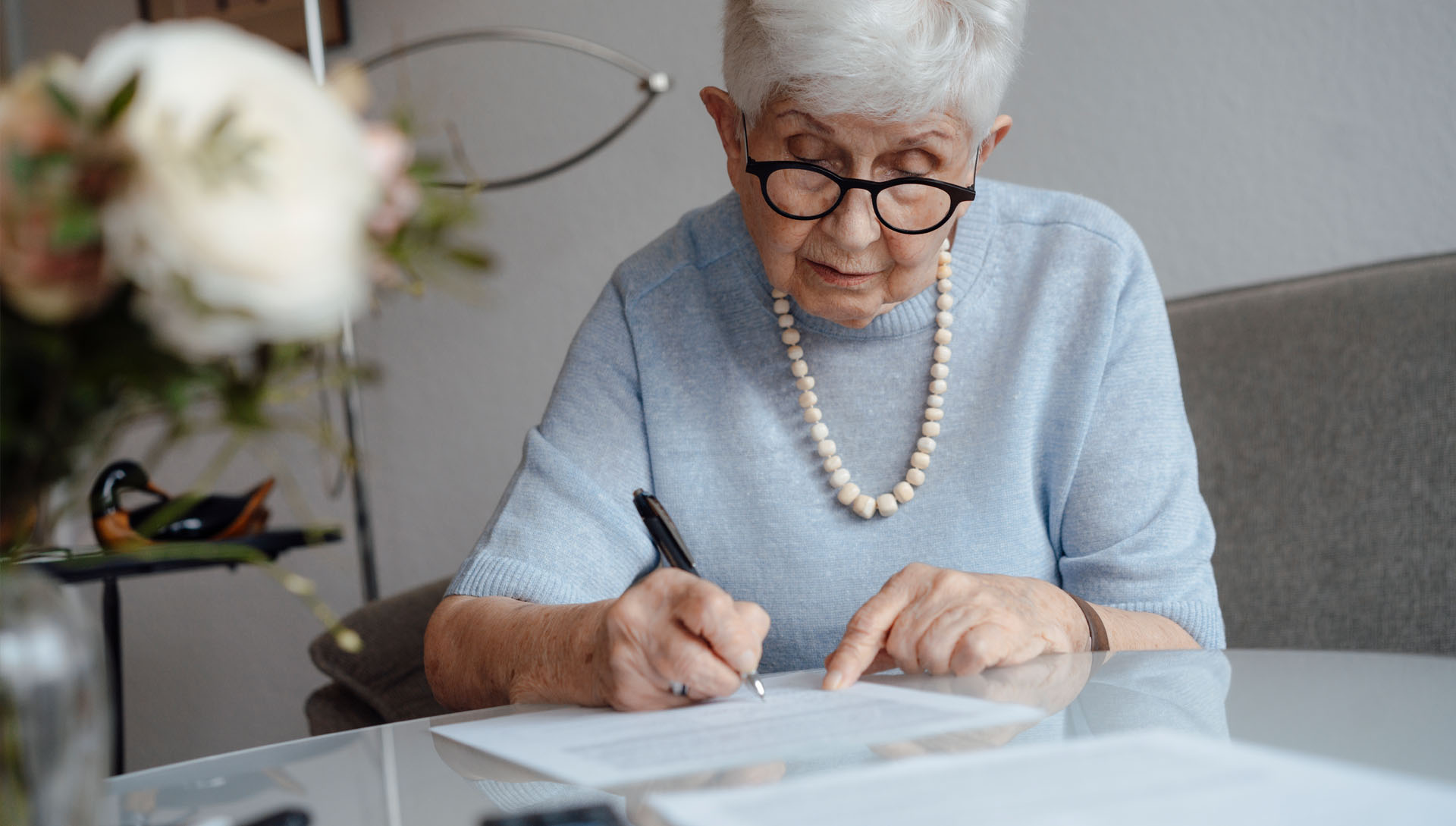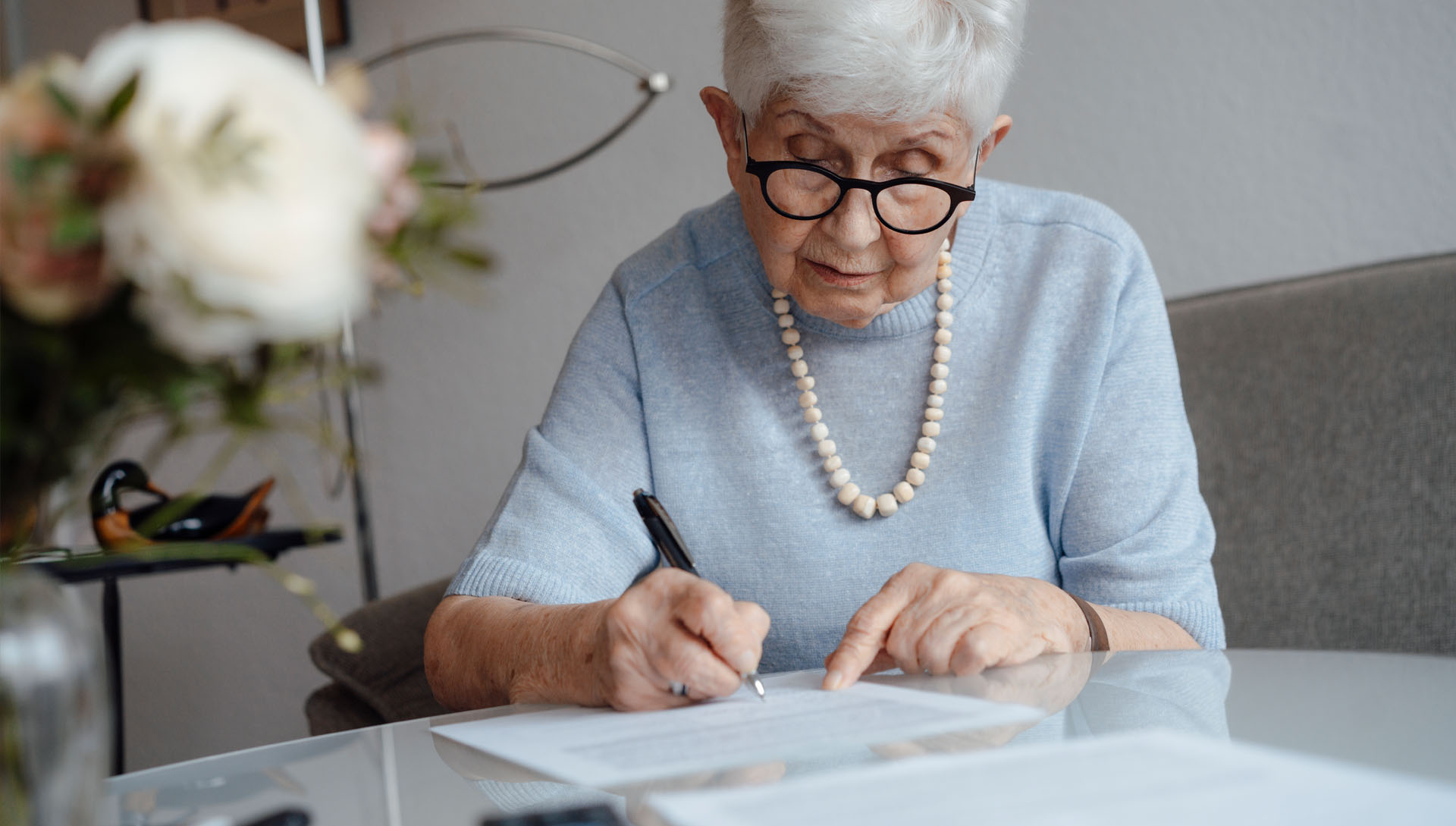
What are the experiences and needs of Dutch doctors when they receive a request for euthanasia in dementia? General practitioner Jaap Schuurmans experienced increasing pressure from society and conducted research into this: ‘The public got the impression that euthanasia is a right.’
‘Legally speaking, doctors have a lot of room to follow the written directive on euthanasia of people with advanced dementia. But the complexity and burden on doctors is great.’ Says Jaap Schuurmans, who recently defended his dissertation at Radboud university medical center with the title Euthanasia requests from patients with dementia. Exploring GPs’ attitudes, experiences, barriers and needs.
Schuurmans has been a general practitioner in Groesbeek for almost thirty years and became involved in this subject when he himself provided euthanasia to a patient with advanced dementia in 2012. ‘I wasn’t proud of that afterwards, it felt like a defeat because those involved continued to believe that this was the only way out.’ In 2017, he and three other doctors started a signature campaign and advertising campaign in a number of national newspapers, called ‘Not secretly in dementia’. They were concerned about the note from the Ministry of Health, Welfare and Sport stating that a written directive no longer needs to be confirmed in word or gesture at the time of euthanasia. ‘Because this was widely reported in the press, the public got the impression that euthanasia is a right, which increased social pressure on doctors to provide euthanasia.’
Experience Dutch doctors
Schuurmans also decided to delve deeper into the subject scientifically, after he was criticized for taking too much of a moral position without substantiation. ‘In this way I hoped to give the debate more depth.’ His most important research question: what are the experiences and needs of Dutch doctors when they receive a request for euthanasia in dementia? In 2018, he conducted in-depth interviews with eleven general practitioners and geriatric medicine specialists (SO), both signatories of ‘not secretly in dementia’ and doctors of the then End of Life Clinic, now the Euthanasia Expertise Center. ‘Two important themes emerged from this. Firstly, such a request takes a lot of time to properly explore, while there is often none. And secondly, that patients and relatives almost naturally hand in advance directives with sentences such as “when I no longer recognize my loved ones, I want euthanasia”.’ What Schuurmans also noticed is that SO recognizes the value of interdisciplinary moral deliberation with ethicists and other doctors; an option that the GPs did not mention.
GPs struggle
He then sent a questionnaire to 894 GPs in 2019 based on a random sample from Nivel, which almost half of the GPs (423) completed. Half of the respondents received one or more advance directives per month. A quarter of doctors appeared to have difficulty interpreting an advance directive and about 40 percent needed more knowledge about assessing advance directives. The general practitioners also indicated that they found euthanasia to be a mental burden, but this percentage was no higher than for euthanasia in patients without dementia. ‘This shows that the profession is struggling with this subject. And yet patients and relatives think that if they have put something in writing, euthanasia will also take place when the time comes.’ Schuurmans expects that the pressure on doctors will increase in the current era, because the end of life is increasingly discussed. That is also what the researchers of the recent evaluation of the euthanasia law are concerned about, also given the emphasis on the patient’s experience and autonomy.
Good dementia care
Instead of advance directives about euthanasia becoming more self-evident, Schuurmans hopes that we invest more in dementia care. ‘As a general practitioner, I also care for patients in a nursing home and I have already seen so many improvements in care compared to twenty years ago. Invest more in smaller-scale nursing homes and ensure that people with dementia can continue to live at home for longer, for example through Alzheimer’s cafés.’ This does not mean that Schuurmans believes that euthanasia in advanced dementia should never again be an option. ‘It is therefore important for those doctors who are confronted with this that they are not alone, that there are sufficient consultation options, for example at SCEN and the Euthanasia Expertise Center. Geriatric teams, consisting of a geriatric specialist, supplemented by, for example, specialized nurses, could also be of added value for general practitioners.’
You can find more about this subject in this article medicalcontact.nl/artikelen
Also read
